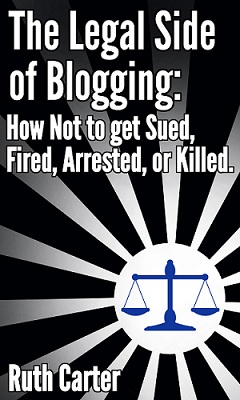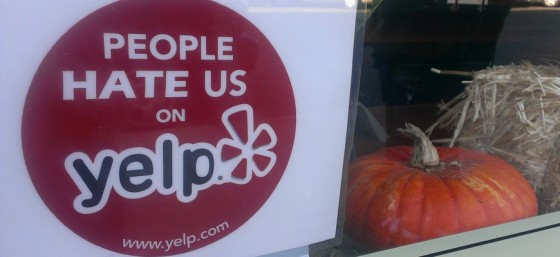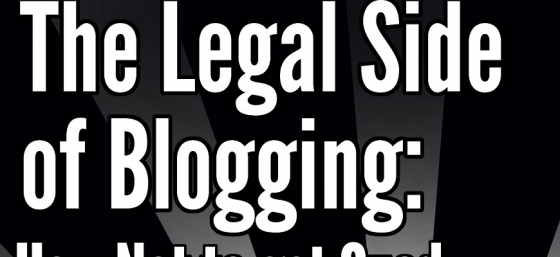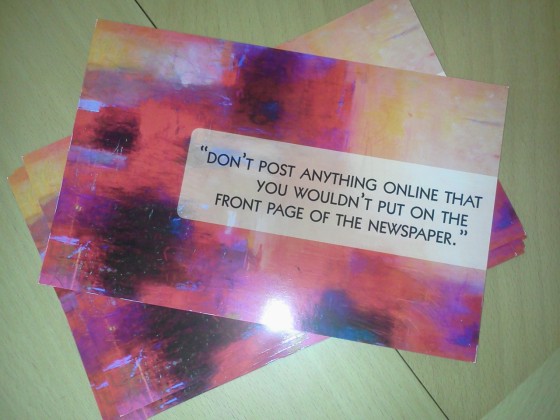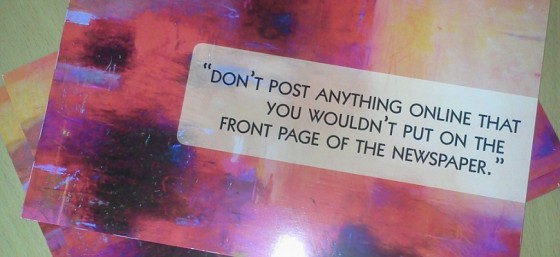Everyone seems to be going crazy about ChatGPT – using it to write everything from social media posts to books, worry about if kids are using it to cheat at school, and wondering if this is our new robot overlord that will ultimately replace all professional writers.
Ok, maybe I’m exaggerating with that last one.
But how many people have read the terms of service and its privacy policy?
I have. 😉

OpenAI is Winning the Internet
Did you know that the same company that created ChatGPT also created DALL-E? I’m not usually one who makes predictions, but so far, OpenAI is winning this year. They are creating the standard against which other AI will be compared.
As long as they don’t fuck it up, OpenAI is going to kick ass this year.
OpenAI’s terms and privacy policy are the same for all its services, including ChatGPT and DALL-E, so plan accordingly.
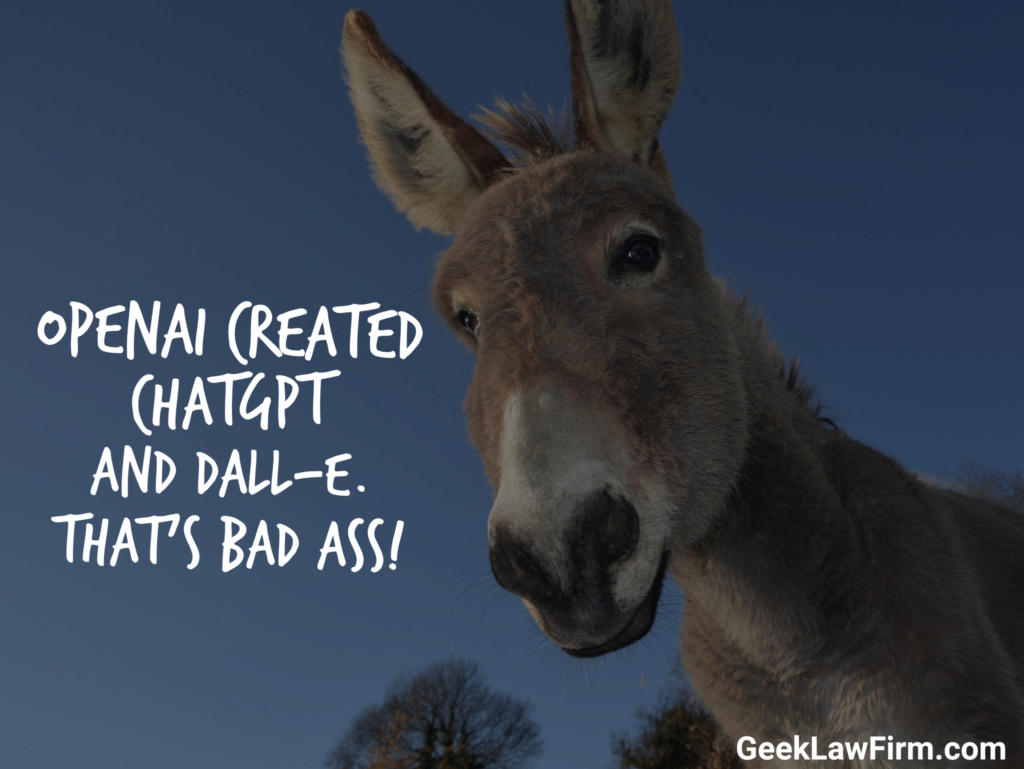
What Can’t You Make with ChatGPT
OpenAI has a policy that you can’t use its services to create content related to:
- Political campaigns
- Adult content
- Spam
- Hateful content
- Content that incites violence
- Uses that may cause social harm
Hat tip to OpenAI for acting with integrity from the start. I understand why it doesn’t want to be connected with these activities. Use AI for good not evil.
Yes, some of my clients are porn companies. I see nothing wrong with consenting adults creating adult content. (Yes, that means sometimes I get paid to look at porn.) However, I understand why OpenAI made a blanket rule against using AI to make adult content because you know some sicko will use it to try to make virtual kiddie porn. It’s just easier to prohibit the entire category.
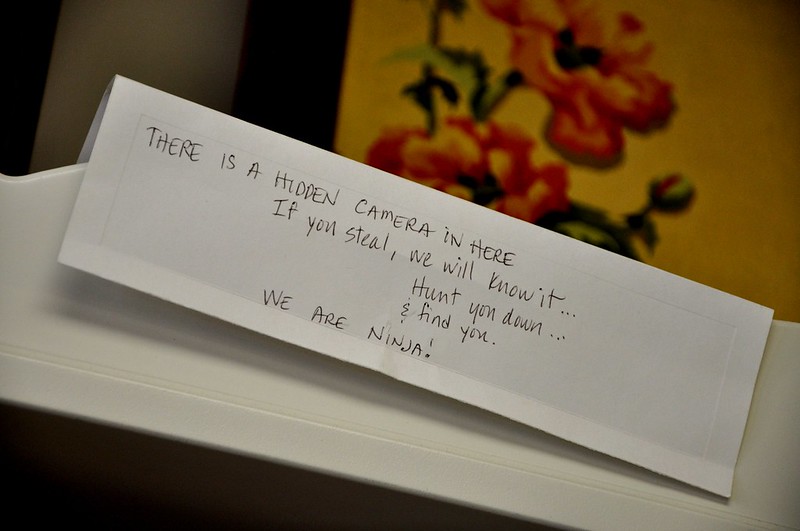
You Can’t Claim You Made the AI-Generated Content
The terms of services clear say that when you use OpenAI’s services, you cannot “represent that output from the Services was human-generated when it is not.”
They obviously wanted to get ahead of suspected problems like students using ChatGPT to do their homework. That also means if you’re a marketing agency, you can’t claim the content created by ChatGPT was made by your staff.
Previously, I predicted that “handcrafted artisanal content” would become a real label in content marketing. I think this could be the beginning of it.

You Own the IP – or Do You?
The terms say “OpenAI hereby assigns to you all its right, title and interest in and to Output.” This might make you think that you’ll own the copyright in everything ChatGPT creates for you.
But that’s not true.
It’s well-established that copyright only exist in works created by humans. The output from AI-software can be copyrightable in only two situations:
- The software code was written by a human and it original enough to be by copyright. If this is true, then the output would be a derivative work of the software code.
- What you input into the software was protected by copyright, and therefore, the output is a derivative work of the input. If the input was something you owned the copyright in, you don’t need OpenAI’s assignment to own the rights in the output.
However, if the input is merely facts or ideas (no copyright) and there’s no copyright in the software code, there’s no copyright in the output. OpenAI can assign you the rights in the output, but those rights won’t include copyright.

Warning: Two Users May Get the Same Output
Heads up: the OpenAI’s terms say its “Services may generate the same or similar output for OpenAI or a third party.”
So, there’s a risk that two users could get the same output from ChatGPT, think they own the copyright in it, and then accuse each other of copyright infringement when neither one owned a copyright in the output to begin with.
That’s also another strike against ChatGPT – if you ask it to create the ordinary, the output isn’t likely to differentiate your brand from your competition.
And by the way, the terms also say that there’s no guarantee that the output from their software doesn’t infringe on another’s rights. (If you outsource your content creation to a third party, double check your contracts to make sure that if you’re accused of wrongdoing for what they created, that they’ll be responsible for your damages and attorneys’ fees.)
OpenAI Can Use Your Content Too
Did you also notice that the terms say OpenAI may get the same output as what it creates for you?
They also say that OpenAI can use your input and output from its software to develop and improve its services.

Don’t be a Dick to OpenAI
They already thought of this – you’re not allowed to create multiple accounts to take advantage of their free tier of services.
If you want more than that, pay for it.
Additionally, you’re not allowed to use their services in any way that infringes, misappropriates, or violates anyone’s rights.

You Have to Protect OpenAI
Just I said to double check your contract with your third-party creators, the same verbiage is in the OpenAI terms. You have to indemnify OpenAI against any “claims, losses, and expenses (including attorneys’ fees) arising from” your use of their services.
This is actually a standard term I include in a lot of my clients’ contracts.
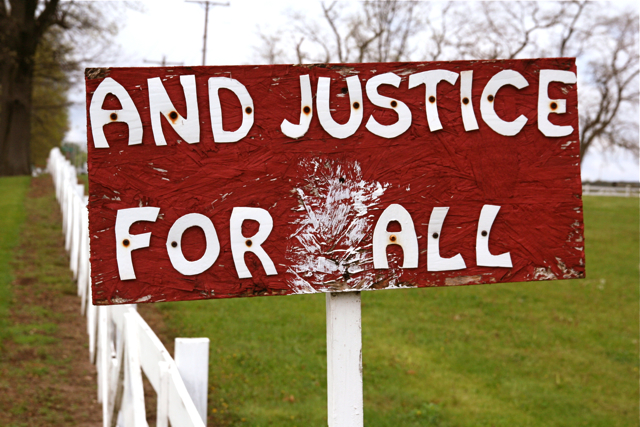
Cool Points to OpenAI
Whenever you read a contract (terms of service are a contract), remember that whichever side wrote it, did so to protect their interests, not the other guy.
However, if you are constrained to take OpenAI to arbitration to resolve a dispute, but you can’t pay your half of the arbitration fees, “OpenAI will pay them for you.”
That’s a classy move. In most terms of service, including the ones I write for clients, if you can’t pay your half of the arbitration fees, you’re screwed and you have no other recourse.
The terms also say, “OpenAI will not seek its attorneys’ fees and costs in arbitration unless the arbitrator determines that your claim is frivolous.”
In many contract disputes, it’s a given that the winner will ask for attorneys’ fees and costs. That’s often one of the upsides to bringing a breach of contract claim.

What’s OpenAI Doing with Your Personal Info?
I’m not sure what OpenAI is doing with my personal information, but they can use it for research and make it generally available. That’s what their privacy policy says.
This is separate from their policy about how they use aggregate information, which they can also use for research.
OpenAI’s privacy policy also says, “We do not and will not sell your Personal Information. (CA users).” I don’t know if this means that the personal information of people who aren’t California users might be sold, of if this is a policy that applies to everyone, but was included to comply with the California privacy law.
As always, buyer beware. If you’re not paying for a product, there’s a good chance you are the product.

